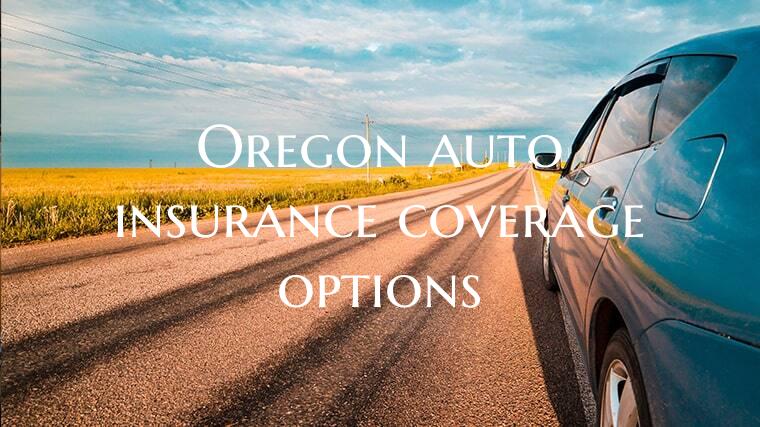When it comes to protecting your vehicle and finances, having the right auto insurance coverage is essential. Oregon, like many states, has specific requirements for auto insurance coverage that drivers must adhere to. Understanding the different coverage options available in Oregon can help you select the best policy to suit your needs.
1. Liability Coverage: Liability insurance is mandatory in Oregon and covers the costs associated with injuries or property damage that you may cause to others in an accident. The minimum liability coverage amounts in Oregon are $25,000 for bodily injury per person, $50,000 for bodily injury per accident, and $20,000 for property damage.
2. Personal Injury Protection (PIP): Oregon is a no-fault state, which means that your auto insurance policy must include personal injury protection (PIP) coverage. PIP helps cover the medical expenses for you and your passengers, regardless of who is at fault in an accident.
3. Uninsured/Underinsured Motorist Coverage: Uninsured motorist coverage protects you if you are in an accident with a driver who does not have insurance. Underinsured motorist coverage kicks in if the at-fault driver's insurance is not enough to cover your expenses. While these coverages are not required in Oregon, they can provide valuable protection.
4. Collision Coverage: Collision coverage helps pay for damage to your vehicle in the event of a collision with another vehicle or object, regardless of who is at fault. This coverage is optional but can be beneficial if you want to protect your vehicle.
5. Comprehensive Coverage: Comprehensive coverage protects your vehicle from non-collision events such as theft, vandalism, weather damage, or hitting an animal. Like collision coverage, comprehensive coverage is optional but can provide valuable financial protection.
6. Rental Reimbursement Coverage: This optional coverage helps pay for a rental car if your vehicle is undergoing repairs due to a covered incident. It can offer peace of mind knowing you have transportation while your car is in the shop.
7. Roadside Assistance: Some insurance companies offer roadside assistance coverage as an optional add-on. This coverage can help with services like towing, flat tire changes, fuel delivery, and locksmith services in case of an emergency while on the road.
When selecting auto insurance coverage in Oregon, it's essential to assess your individual needs, driving habits, and budget. Working with a reputable insurance agent can help you navigate the various coverage options available and build a policy that provides adequate protection for you and your vehicle. Remember to review your coverage periodically to ensure that it still meets your needs and make adjustments as necessary.

